
Christmas is a holiday that's celebrated by millions of people around the world, but it's not the only holiday worth celebrating. If you're looking for alternative holidays to observe, either because you're not a fan of Christmas or simply because you want to mix things up, there are plenty of options to choose from. Here are 8 alternative holidays to consider:
What's Wrong with Christmas?
Before we dive into the alternatives, it's worth exploring why some people might want to opt out of Christmas in the first place. For one thing, Christmas can be a stressful and overwhelming time of year, especially for those who feel pressure to buy gifts or host elaborate parties. Additionally, Christmas can be a difficult time for people who are struggling financially or who are dealing with mental health issues.
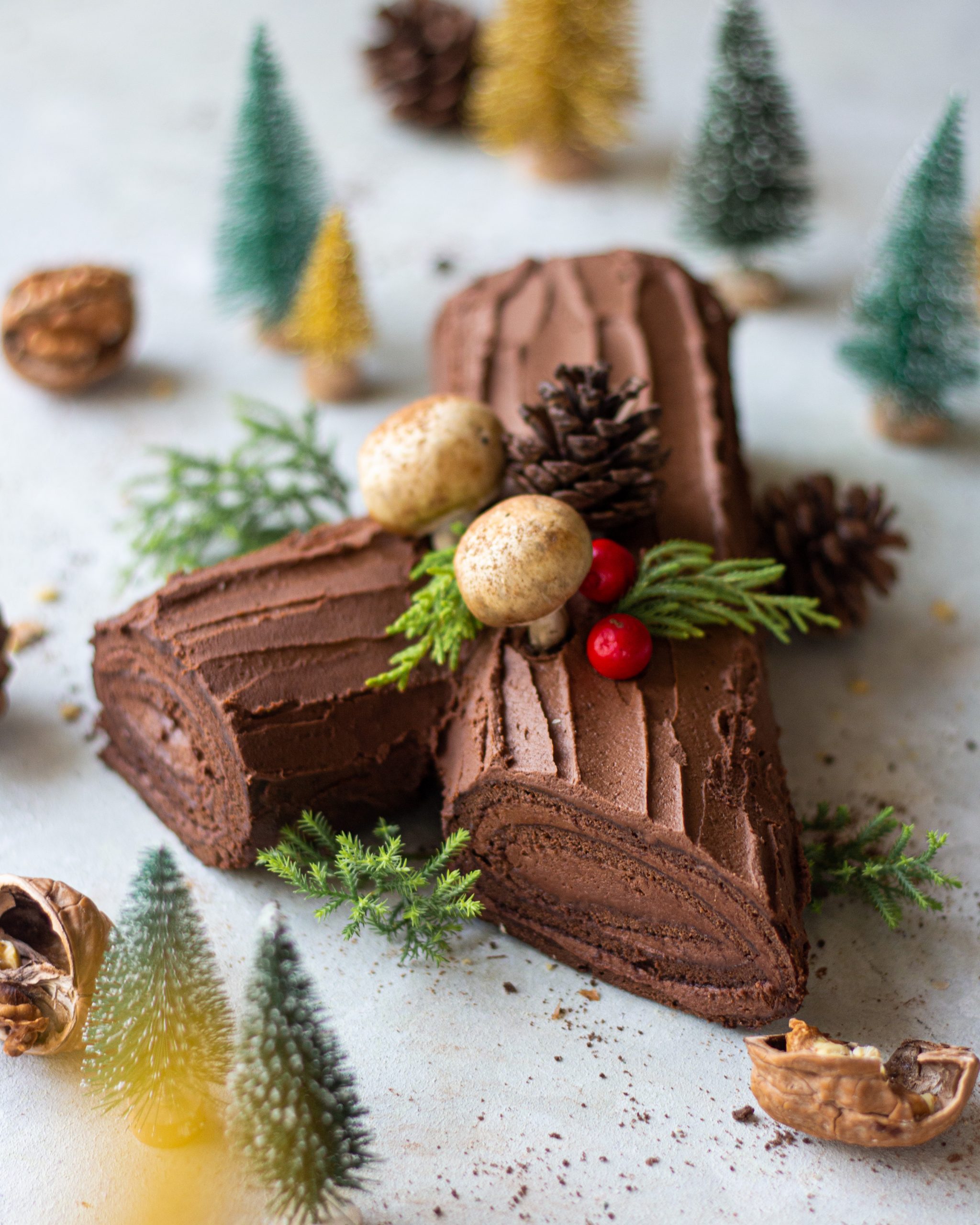
Alternative Holiday 1: Yule (Winter Solstice)
One alternative to Christmas is Yule, also known as the Winter Solstice. This ancient pagan holiday is celebrated on December 21 or 22 in the Northern Hemisphere, and it marks the shortest day of the year. Yule is a time for reflection, renewal, and celebration of the return of the sun.
How to Celebrate Yule
There are many ways to celebrate Yule, depending on your personal preferences and cultural traditions. Some ideas include:
- Lighting a Yule log or candles to symbolize the return of the sun
- Decorating your home with evergreen branches, holly, and other winter plants
- Feasting on traditional winter foods, such as roasted meats and root vegetables
- Engaging in reflective activities, such as journaling or meditation
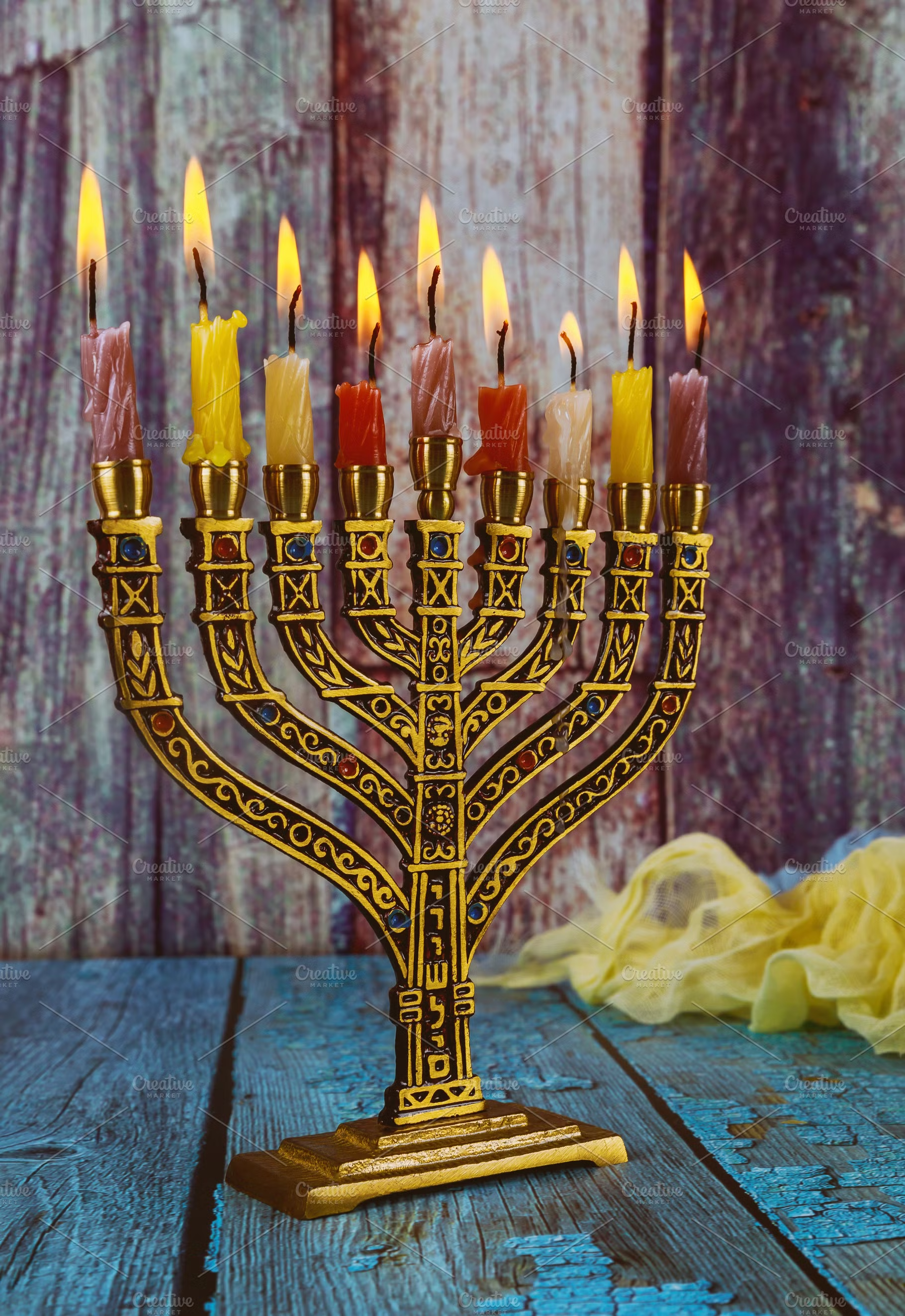
Alternative Holiday 2: Hanukkah
Hanukkah is a Jewish holiday that's celebrated for eight days and nights, usually in late November or December. It's a time for family, friends, and community to come together and celebrate the miracle of the oil that burned in the Temple in Jerusalem.
How to Celebrate Hanukkah
Some ways to celebrate Hanukkah include:
- Lighting the Hanukkah menorah (hanukkiah) each night
- Exchanging gifts with family and friends
- Eating traditional Hanukkah foods, such as latkes and sufganiyot (jelly donuts)
- Engaging in acts of kindness and charity
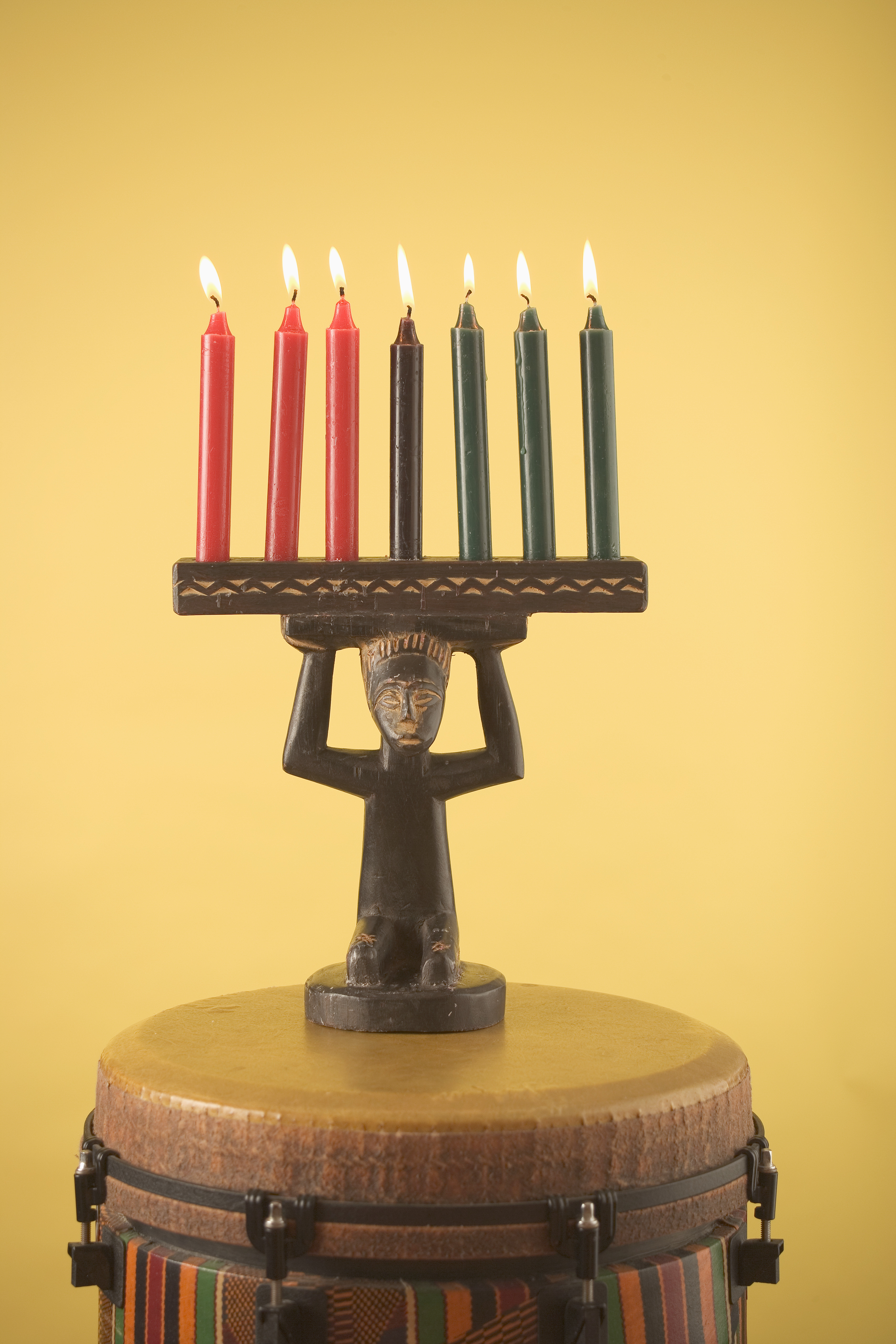
Alternative Holiday 3: Kwanzaa
Kwanzaa is a week-long celebration that honors African American culture and heritage. It's observed from December 26 to January 1, and it's a time for family, friends, and community to come together and reflect on the seven principles of Kwanzaa (known as the Nguzo Saba).
How to Celebrate Kwanzaa
Some ways to celebrate Kwanzaa include:
- Lighting the kinara (candles) each night
- Engaging in activities that reflect the seven principles of Kwanzaa, such as unity, self-determination, and collective work and responsibility
- Eating traditional African and African American foods, such as jollof rice and collard greens
- Exchanging gifts and engaging in acts of kindness and charity
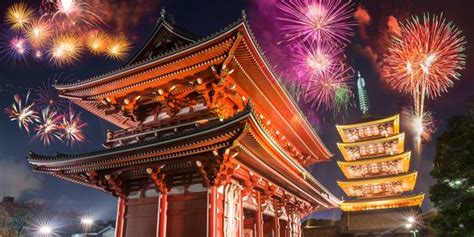
Alternative Holiday 4: Omisoka (Japanese New Year)
Omisoka is the Japanese New Year, which is celebrated on December 31. It's a time for family, friends, and community to come together and reflect on the past year, while also looking forward to the new year.
How to Celebrate Omisoka
Some ways to celebrate Omisoka include:
- Visiting shrines and temples to pray for good luck and prosperity
- Eating traditional Japanese foods, such as soba noodles and mochi
- Engaging in reflective activities, such as journaling or meditation
- Exchanging gifts and engaging in acts of kindness and charity

Alternative Holiday 5: Yalda (Persian Winter Solstice)
Yalda is the Persian Winter Solstice, which is celebrated on December 21 or 22. It's a time for family, friends, and community to come together and celebrate the triumph of the sun over darkness.
How to Celebrate Yalda
Some ways to celebrate Yalda include:
- Eating traditional Persian foods, such as pomegranates and watermelon
- Engaging in reflective activities, such as journaling or meditation
- Reading poetry and literature, especially the works of Hafez and Rumi
- Exchanging gifts and engaging in acts of kindness and charity
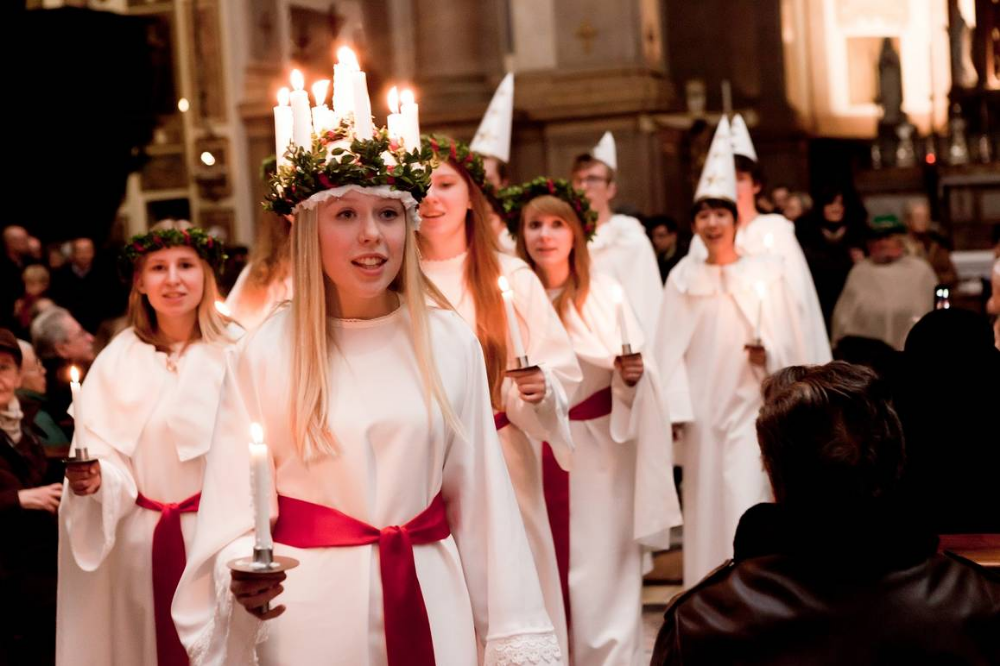
Alternative Holiday 6: St. Lucia Day
St. Lucia Day is a Scandinavian holiday that's celebrated on December 13. It's a time for family, friends, and community to come together and celebrate the life and legacy of St. Lucia.
How to Celebrate St. Lucia Day
Some ways to celebrate St. Lucia Day include:
- Eating traditional Scandinavian foods, such as saffron buns and gingerbread
- Singing traditional songs and carols
- Engaging in acts of kindness and charity, especially for those who are struggling
- Exchanging gifts and spending time with loved ones

Alternative Holiday 7: Bodhi Day
Bodhi Day is a Buddhist holiday that's celebrated on December 8. It's a time for Buddhists to reflect on the life and teachings of Siddhartha Gautama, who achieved enlightenment under the Bodhi tree.
How to Celebrate Bodhi Day
Some ways to celebrate Bodhi Day include:
- Meditating and reflecting on the teachings of the Buddha
- Eating traditional Buddhist foods, such as vegetarian dishes and sweets
- Engaging in acts of kindness and charity, especially for those who are struggling
- Exchanging gifts and spending time with loved ones
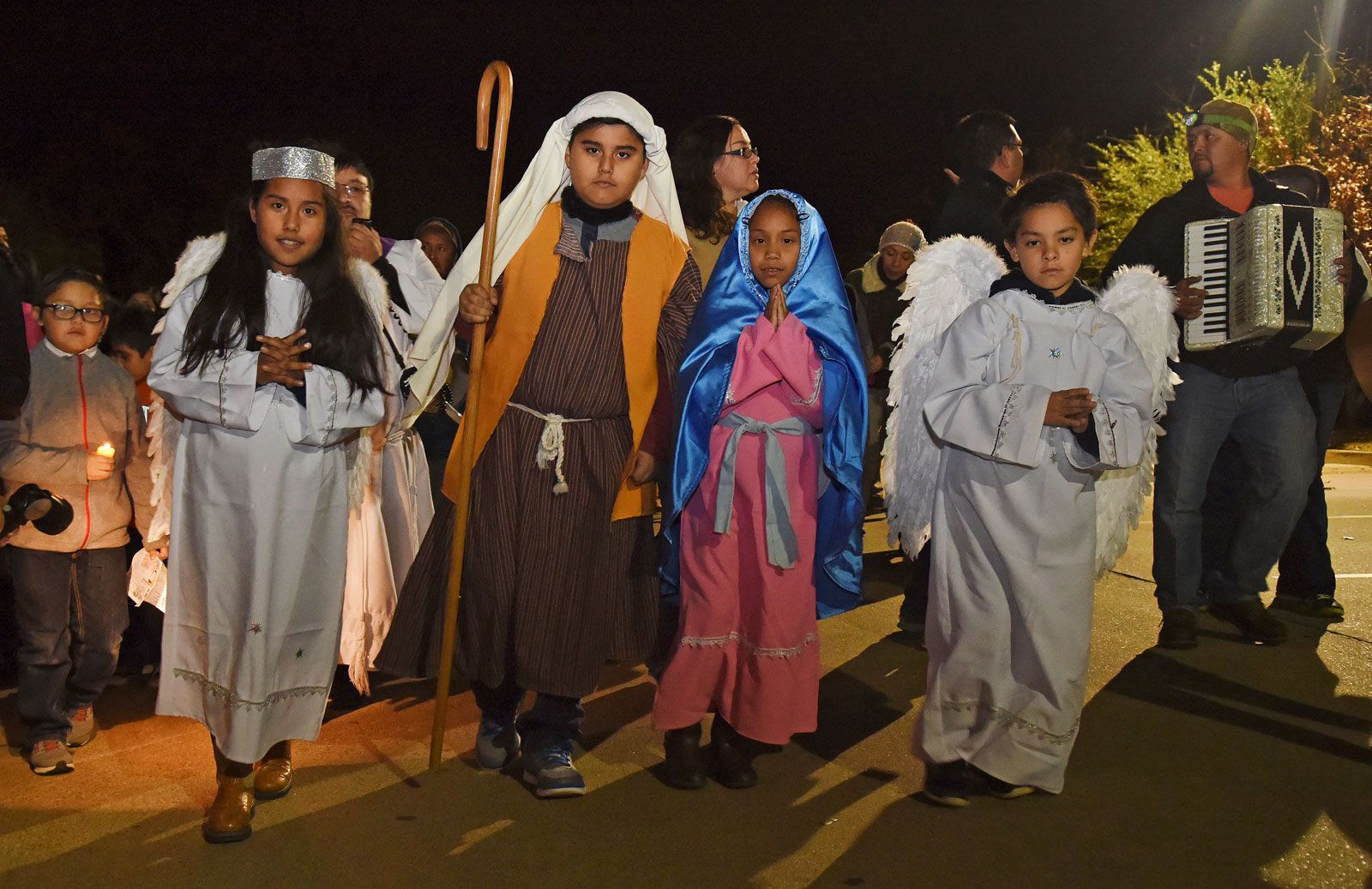
Alternative Holiday 8: Las Posadas
Las Posadas is a Mexican holiday that's celebrated from December 16 to 24. It's a time for family, friends, and community to come together and reenact the journey of Mary and Joseph as they searched for a place to stay in Bethlehem.
How to Celebrate Las Posadas
Some ways to celebrate Las Posadas include:
- Reenacting the journey of Mary and Joseph, with participants playing the roles of the Holy Family and the innkeepers
- Eating traditional Mexican foods, such as tamales and hot chocolate
- Engaging in acts of kindness and charity, especially for those who are struggling
- Exchanging gifts and spending time with loved ones




What is the significance of Yule?
+Yule is a significant holiday in many ancient cultures, marking the Winter Solstice and the return of the sun. It's a time for reflection, renewal, and celebration of the cycle of life.
How do you celebrate Las Posadas?
+Las Posadas is celebrated by reenacting the journey of Mary and Joseph, eating traditional Mexican foods, and engaging in acts of kindness and charity. It's a time for family, friends, and community to come together and reflect on the true meaning of the holiday season.
What is the difference between Bodhi Day and Christmas?
+Bodhi Day is a Buddhist holiday that celebrates the enlightenment of Siddhartha Gautama, while Christmas is a Christian holiday that celebrates the birth of Jesus Christ. While both holidays share some similarities, they have distinct traditions and meanings.